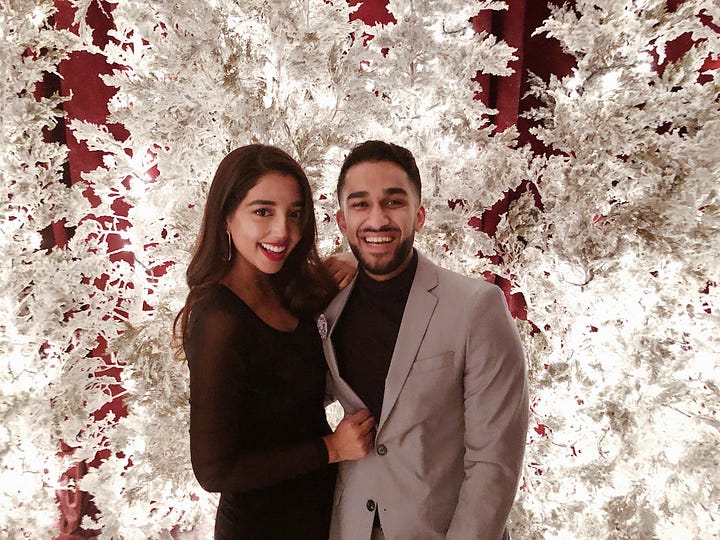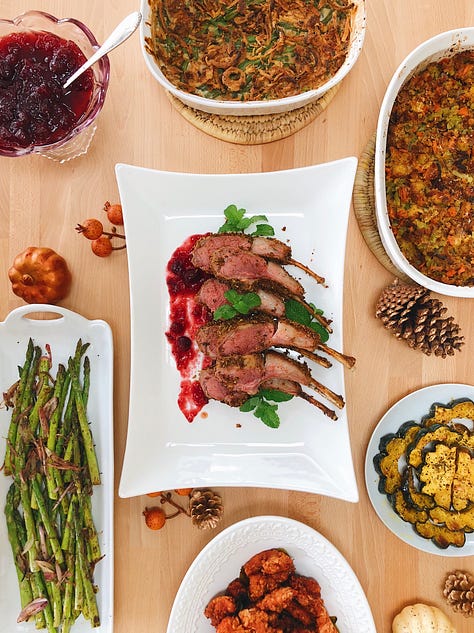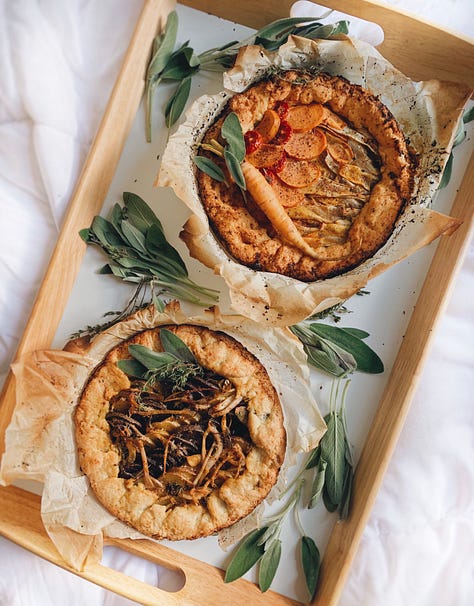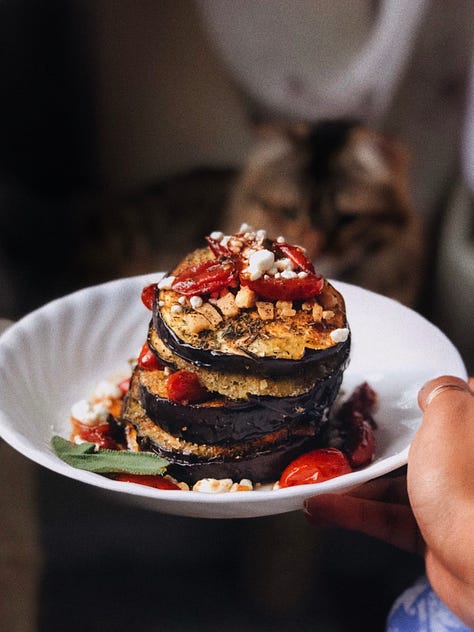I ended Part I of this series on an admittedly dramatic cliffhanger, warning you that my time in New York was about to get even worse. It’s taken me weeks to reveal the plot development that followed, not because the events are wicked or all that scathing, but rather the opposite—they are so ordinarily painful, like papercuts.

Innocent paper products f*ck with our lives every day. And as mundane as the moment is in retrospect, the fact is that the crisp pages of a fresh book or the deceivingly blunt packaging on your Amazon order just sliced your thumb in the most inconvenient location. And now it hurts to juice a damn lemon. Your best friend might give your wound attention when you complain about it in your morning voice note, but after that, it’s only a matter of time before you accept that you’re surrounded by a lot of sharp paper. Here’s how the cuts added up before I wholeheartedly resolved that New York is a paper town (if you let it be).
3. Papercuts
I didn’t lose much blood after each wound, nor do I even remember all of the “papercuts” from this season. You don’t need to draw blood to feel lifeless. I looked for what I loved dearly in the grounds I sat on and the people I stared into. Really, I was looking for myself. And when I got cold and tired of looking, I rendered myself invisible.
I wanted to know that I didn’t move to a city that collectively scoffs at awareness and cheers for ignorance.
Around the time I lost my nannying job, Rais (then bf), was offered a shiny new tech job. I was so brand new to the city that I wasn’t even aware that “save the world gf and start-up bf” was a tried and true trope. I wrote cover letters about how I wanted to break the stigma around sexual health and Rais ordered dinner while listening to me read them aloud. We supported each other with our limited reserves of fulfillment that we were already frugally budgeting for our individual self-worth. Anyone else I shared my dreams with exhaled offkey tones of boredom when they realized my goals to improve reproductive healthcare in community settings won’t be a useful rung on their social or professional ladder. Oh, but did they charismatically find harmony in conversations about a company’s funding series, or whatever.
I found it almost funny that New York is the breeding ground for the exact people and systems my social justice career encouraged me to change. As my first semester of grad school wrapped up, I routinely received letters of rejection for public health internships and part-time jobs. Securing an internship with any community health nonprofit would have been the stellar next step to proving who I thought I was to myself, but it was also a requirement in my program. I needed an internship for one of the upcoming spring, summer, or fall semesters. I batted hard for spring. I wrote dozens of cover letters and formatted them to modern-design-oriented perfection. I built rapport with a variety of professors every week. I introduced myself to the director of our global health program and put my name in the hat for a UNICEF program that was designated for second years (I was a first year). The descriptions of each role mirrored similar, if not less sophisticated requirements than I had performed in my previous digital comms or health programming roles. Every last internship and job rejected me. :-)
In the meantime, I glamorized the pretty corners of New York, or at least the few I was invited to. Rais took me to his company’s holiday party, many floors above the ground where we had just tiptoed past people sleeping on bare, wintered avenues. My first NYC holiday party experience lined up with everything television and its cultural mythology had promised me. Everyone seemed eager to trade overzealous giggles in exchange for predictable chatter, so I let my performative charisma shine.


Before reaping the reward of an open dance floor, we first had to withstand the CEO’s toast. The company sold freshly cooked meal deliveries. Kind of like Blue Apron, but all you have to do is microwave. (And add 1 Tbsp of salt to taste a hint of any flavor). At the pinnacle of his speech, the part where your heart awaits a tidbit of fulfillment to propel you into prideful clapping, the CEO giddily announced, “this year, we sold enough meals to feed all of America.” The entire party erupted in celebration. For a moment, I began to clap because I let myself believe he had juggled semantics and that perhaps the company had provided complimentary meals to every single American in 2018. That naivety lasted half a second before I recognized that the volume of food they produced and sold was the spectacle garnering our uproar. We were salivating at the metric behind “feeding all of America” knowing very well that they hadn’t fed anyone but Americans comfortable enough to have fresh food delivered to their doorstep. I thought about the people we stepped around before walking into this party. And then we danced.
I wanted to know if anyone else felt the sharp hypocrisy of their participation. I’m not sure what I would have done with that information if I had it, but maybe I would have at least known that I am not mourning these injustices alone. I wanted to know that I didn’t move to a city that collectively scoffs at awareness and cheers for ignorance. I took note of the indifference toward my personhood once I told people who I was and what I cared about. And their indifference fueled my very disdain that was irrelevant and unwelcome, to begin with.
4. Trader Hoe’s
Between class, my relationship, and my newfound free time, I was walking, cooking, and eating more than I had before. You could find me darting on a chronological path from class, to the gym, to Trader Joe’s, and then back up to my apartment for dinner.



By the end of 2018, I had made chai-glazed cinnamon rolls, a pistachio-crusted rack of lamb, carrot galettes, citrus-roasted salmon, and whatever else I wanted to learn to cook. I wasn’t a food creator in its current definition, thank God, but I was dedicated to curating my food as if it were art, especially when no one else was watching. I have spent my entire life crafting meals and desserts with a delicate touch—especially when my skin was riddled with papercuts.




As an engineer who’s trying to break into the food world down here in Atlanta, so many parts of your journey resonate with me. The constant job rejections (400 applications, 3 interviews, 1 offer) is such a shit experience. From what I have gathered, today it’s so much more about connections, which my very sweet immigrant parents just didn’t have, and timing - which fucking sucks. As we become more aware of this world and how it operates, it’s incredibly difficult to see so many people remain willfully, and woefully uniformed, only to resign to the notion that “everything will be fine” or “I haven’t seen it so I don’t believe it” or even “why can’t we just focus on the positive” (regarding feeding all of America). Even moreso, it’s difficult to not become hardened by it. I admire your perseverance while surrounded by such an air, and look forward to reading the rest of your story! I’ll be taking notes 🤓
Incredibly written. I had a day filled with paper-cuts and prior to heading to my next event this is what I needed to read.